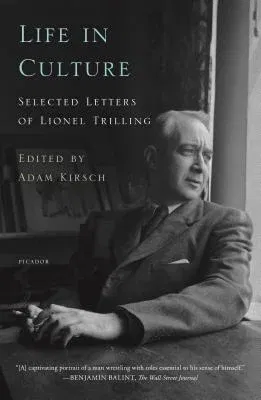A great critic's quarrels with himself and others, as revealed in his
correspondence
In the mid-twentieth century, Lionel Trilling was America's most
respected literary critic. His powerful and subtle essays inspired
readers to think about how literature shapes our politics, our culture,
and our selves. His 1950 collection, The Liberal Imagination, sold
more than 100,000 copies, epitomizing a time that has been called the
age of criticism.
To his New York intellectual peers, Trilling could seem reserved and
circumspect. But in his selected letters, Trilling is revealed in all
his variousness and complexity. We witness his ardent courtship of Diana
Trilling, who would become an eminent intellectual in her own right; his
alternately affectionate and contentious rapport with former students
such as Allen Ginsberg and Norman Podhoretz; the complicated politics of
Partisan Review and other fabled magazines of the period; and
Trilling's relationships with other leading writers of the period,
including Saul Bellow, Edmund Wilson, and Norman Mailer.
In Life in Culture, edited by Adam Kirsch, Trilling's letters add up
to an intimate portrait of a great critic, and of America's intellectual
journey from the political passions of the 1930s to the cultural
conflicts of the 1960s and beyond.

